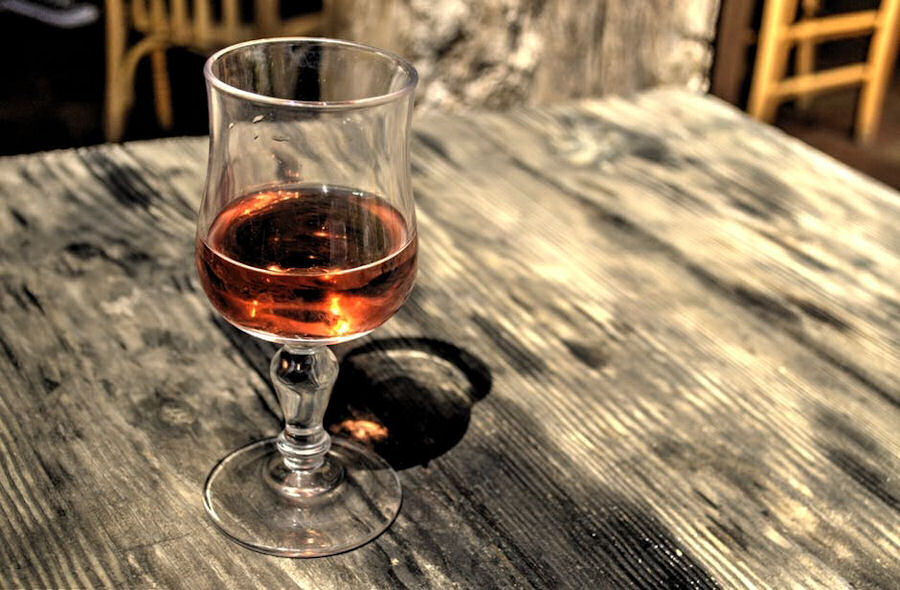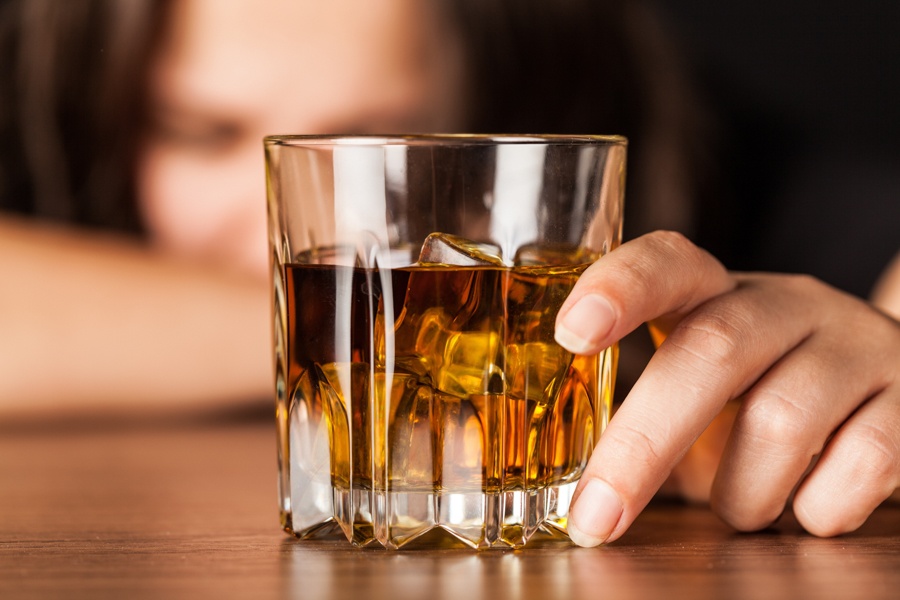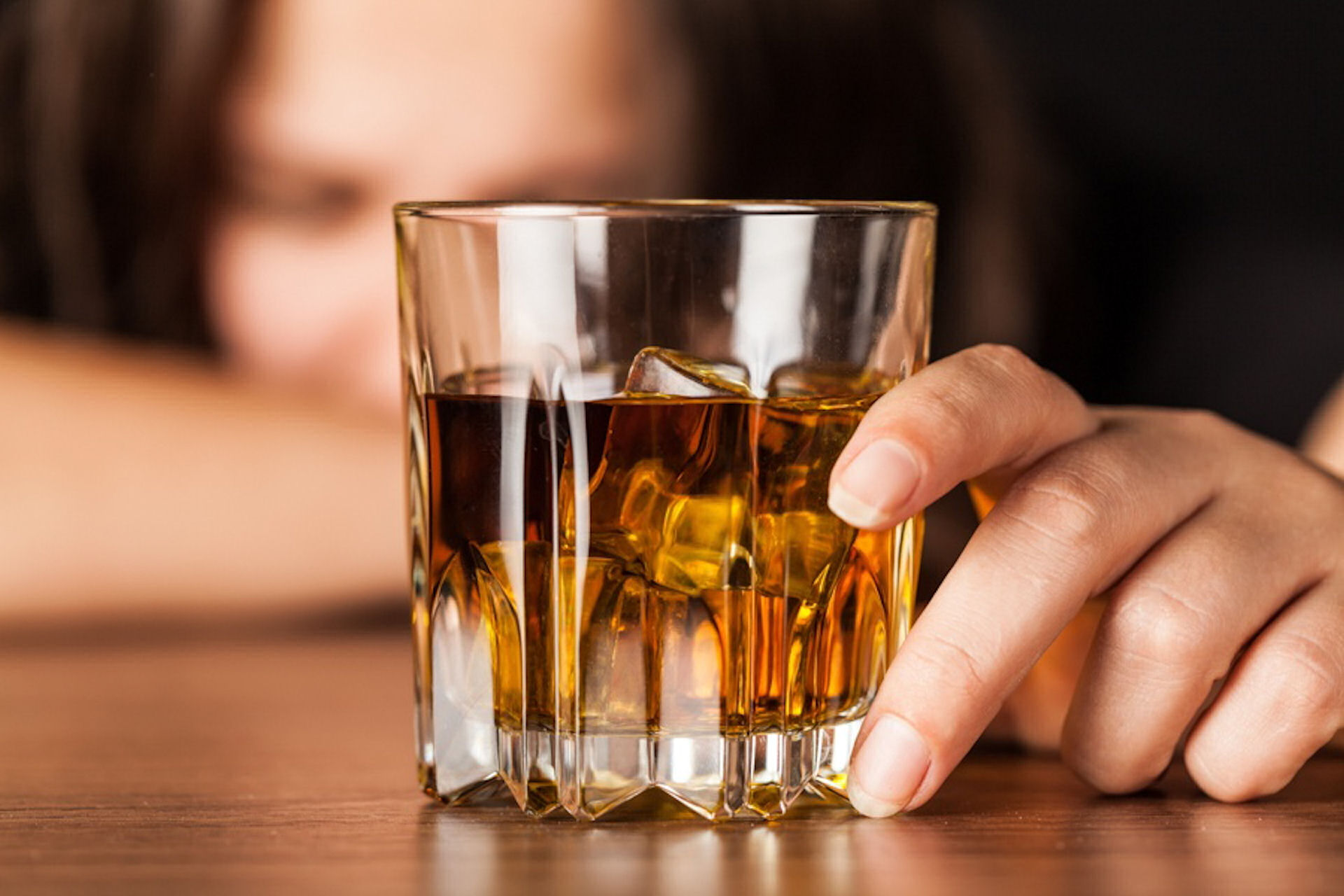Drinking is one of the most popular pastimes and is a regular social activity for many. Although it may be enjoyable for some, it can lead to unwanted health issues such as addiction and weight gain. Having a few drinks during a night out could add a meal’s worth of calories to your body.
Casual drinking can quickly turn into an alcohol addiction if you are not careful. Don’t let alcohol take control of your life. If you or a loved one are struggling to avoid drinking alcohol regularly, consider professional treatment at Path to Recovery today.
How Do Alcohol and Weight Loss Relate?
There is no proven research that shows any sort of correlation between alcohol and weight loss. Alcohol and weight loss are nearly opposite terms. In many ways, alcohol directly leads to an increase in weight, especially if consumed regularly. There are many different types of alcohol and none are proven to help people lose weight.
Losing weight healthily is achieved when a person sticks to a healthy diet and exercises regularly. In fact, weight loss may begin with reducing or eliminating alcohol from your diet through alcohol detox in Pasadena, California.
Is Alcohol Bad for Losing Weight?
If you plan to lose weight, it may be in your best interest to avoid alcohol. Drinking in moderation may not inhibit your weight loss progress, but regular consumption of alcohol can lead to weight gain. Alcohol is a calorie-dense substance that can increase the body’s overall caloric intake. When a person’s caloric intake exceeds their energy expenditure, they gain weight.
Why is Alcohol Bad for Weight Loss?

There are a few factors that make alcohol ineffective for losing weight. The body relies on nutrients to maintain proper functions. Alcohol takes the place of many nutrients during metabolization, which can cause prolonged damage to the body.
Empty Calories
Alcohol typically contains a large amount of “empty calories.” That means the calories entering your body have little to no nutritional value. Typically, alcohol is consumed during or after a meal. Alcohol can add a whole meal’s worth of calories to your body, doubling your caloric intake.
Increased Appetite
When drinking, a person’s appetite increases and their inhibitions become impaired. This may lead to poor decisions such as consuming high-calorie foods. Eating high-calorie foods on top of drinking alcohol will cause a person to experience rapid weight gain.
Impaired Fat Metabolism
The body metabolizes alcohol before other nutrients, including fats. When alcohol is used as the primary energy source in the body, carbohydrates, and fats are not metabolized. The leftover glucose from carbohydrates and lipids from fats end up as adipose tissue, or fat.
Decreased Digestive Function
In the same way, alcohol inhibits social anxiety, it also inhibits the functions of the digestive system. Digestive secretions are necessary for breaking down food in the body. After consuming alcohol, your digestive system may not process nutrients correctly. Nutrients that are not digested turn into fat and cause weight gain.
Liver Dysfunction
The liver plays a major role in metabolizing alcohol, and overconsumption can lead to severe damage. When the liver is damaged, the body cannot metabolize nutrients effectively, leading to weight gain. This condition is known as fatty alcoholic liver in Pasadena, California.
Sleep Disruption
Alcohol negatively affects a person’s sleep. When a person falls asleep after drinking, they experience periods of wakefulness, meaning they do not fall into REM sleep. REM sleep is necessary for proper rest. When a person’s sleep is interrupted, they may experience weight gain and difficulty losing weight.
Alcohol Can Lead to Excess Belly Fat
Foods and drinks high in sugar quickly turn into fat in the body. Some foods and drinks with high levels of sugar include candy, soda, and beer. Consuming large amounts of sugar leads to excess fat that accumulates around the abdominal area.
Are Some Forms of Alcohol Healthier Than Others?
Different types of drinks have varying levels of alcohol content, but none of them are necessarily healthy. For example, even though vodka and whiskey may be consumed in smaller quantities than beer, they typically contain a higher alcohol level. They are also usually mixed with syrup or soda that is high in sugar. Many companies advertise their alcoholic product as being healthier than others, but they are all relatively the same.
No matter what form you consume, alcohol will have the same effect on your body. Your inhibitions will be impaired, which may cause you to make poor eating choices, and the leftover nutrients in your body will turn into fat.
Make a Plan for Drinking
If you are trying to reduce or eliminate alcohol consumption, there are precautions you must take. It is not easy to remove yourself from situations that include drinking, but it will go a long way in your journey to quit alcohol at Path to Recovery.
It is important to keep in mind that those who truly love and care about you will help you along the way. The people who pressure you to drink and make bad choices may not have your best interests at heart.
Have a Support System
A support system in Pasadena, California is a way to hold yourself accountable when you are trying to quit drinking. This support system could be made up of one person or a group of people that are willing to help you quit drinking. When you feel the urge or temptation to drink, it is helpful to utilize your support system to combat these feelings. Your support system should be an encouraging and positive voice that wants to help you make good choices.
Avoid Social Drinking
Instead of engaging in social drinking, consider other activities. There are plenty of enjoyable social activities that do not include alcohol. Some healthy social activities include:
- Cycling or yoga
- Going to see a movie
- Shopping
- Going for a walk
- Cooking
These activities can be done alone or with friends depending on how you are feeling. Sometimes it can be beneficial to take time to do stuff by yourself so that you can reflect. These times are important as it helps you track your progress and set goals for the future.
Ensure Non-Alcoholic Options Are Available
If you find yourself at a social gathering where people are drinking, order a non-alcoholic beverage. There are plenty of enjoyable low-calorie drink options that contain zero alcohol. You are much less likely to be pressured into drinking alcohol if you have a drink in your hand. Your body will appreciate you drinking a healthy alternative to alcohol.
Limit Your Alcohol Intake
If you find yourself drinking regularly, set boundaries for yourself. It is critical to make sure you have control over your alcohol consumption. Drinking occasionally will not kill you, but it is important to enjoy alcohol in moderation. While drinking can lead to health issues, it can also cause you to be angry and violent. If you cannot regulate your drinking habits, you may be diagnosed with alcohol addiction.
What is Alcohol Addiction?
Alcohol can quickly take control of your life if you are not careful. Today, alcoholism is classified as a mental health disorder treated the same as any other mental disorder. Because of its highly addictive nature, it is easy for someone to fall into alcohol addiction. Alcohol can rewire the brain to become dependent on it to feel normal. When someone struggling with alcoholism tries to quit, they experience severe alcohol withdrawal symptoms in Pasadena, California.
Alcoholism is a disease that can have grave effects on a person’s overall well-being. It is important to be aware of the signs of alcoholism to help identify when someone is struggling.
Signs of Alcohol Addiction

The first sign of alcohol addiction, or alcoholism, is when a person drinks regardless of negative consequences. They know drinking is causing problems in their life, but they can’t stop. A person may exhibit physical signs of alcoholism in Pasadena, California, such as
- Frequent intoxication
- Increased spending on alcohol
- Poor hygiene
- Weight gain
- Increased alcohol consumption
A person suffering from alcoholism may also exhibit psychological signs such as:
- Irritability
- Mood swings
- Anxiety
- Depression
- Hallucinations
- Loss of memory or coordination
The effects of alcohol take a major toll on a person’s mental and physical state. Over time, a person may begin to develop unwanted health conditions. Some health conditions related to alcohol addiction include:
- High blood pressure
- Stroke
- Irregular heartbeat
- Liver failure
- Pancreatitis
- Various cancers
Path to Recovery in Pasadena, California Can Assist with Alcohol Addiction

It is difficult to accept when you have a problem. Coming clean about alcohol addiction can feel shameful and embarrassing. However, the reality is that alcoholism is a disease that needs treatment. Stop letting alcohol dictate your life and get started on the road to recovery.
Here at Path to Recovery in Pasadena, California, our highly trained staff made up of treatment professionals is dedicated to helping you regain control of your life. We offer a variety of programs that are tailored to the needs of our clients. If you or a loved one may need treatment for alcohol addiction, feel free to contact us today!





